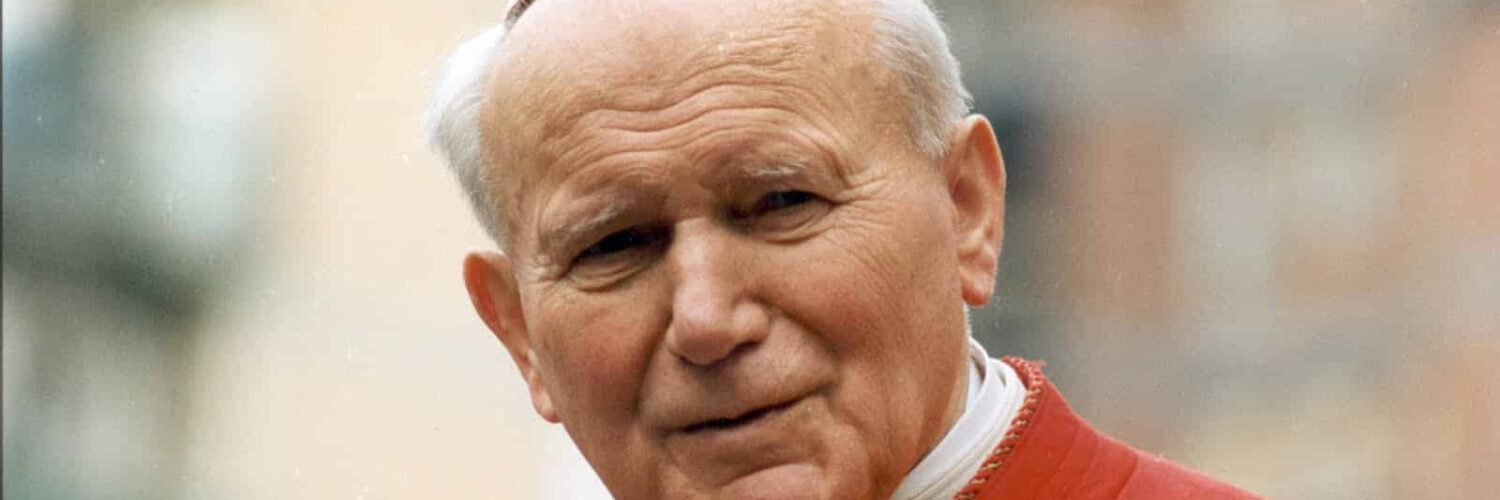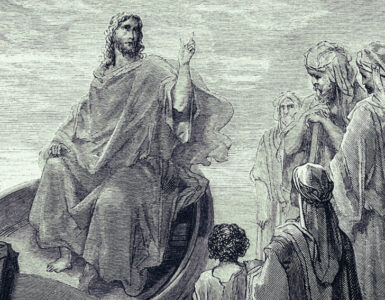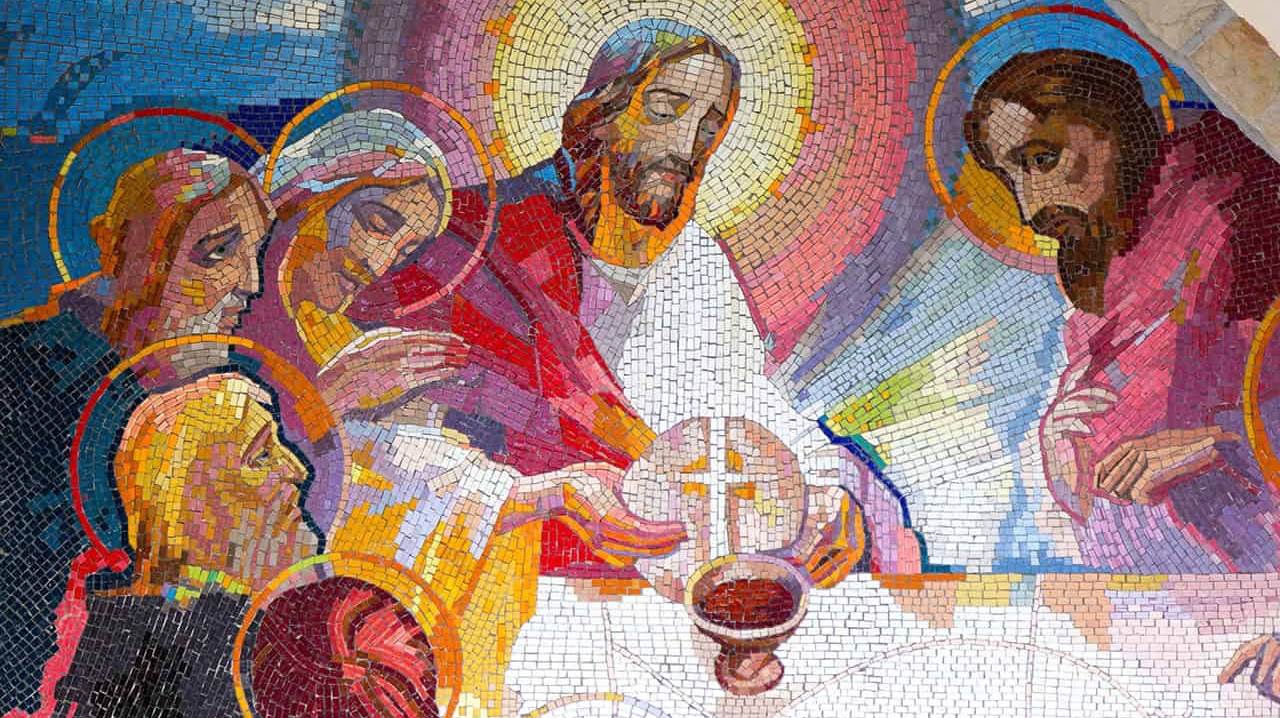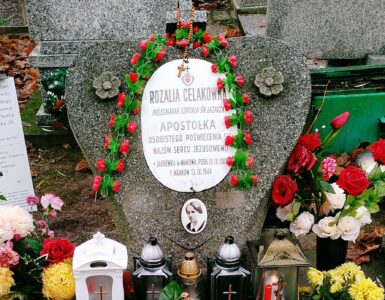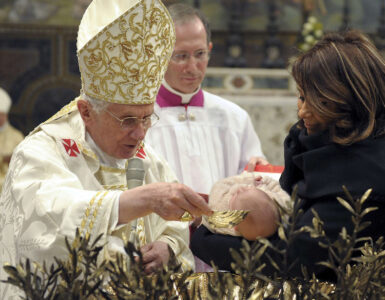April 2, 2025 marked the twentieth anniversary of the entrance into Heaven of Pope St John Paul II. After two decades, when one reads, listens, reflects and sees what the Lord did through Pope Wojtyla one cannot not conclude that this Pontiff is an excellent example to us today of what it means to be a beacon of hope, particularly as we are celebrating this Jubilee of hope.
Personally speaking I had the grace of being professed as a Franciscan Capuchin brother and ordained as a deacon and a priest when he led the Church. His speeches, gestures, prayers, in other words his whole persona, does speak volumes to me. I would love to share with you some of his spiritual gems.
To begin with, Pope John Paul II was a man of action. His down-to-earth approach led many to not just like him but open wide their hearts to the wisdom God gave him. He used to say: The future starts today, not tomorrow. This great philosophical and theological principle beautifully echoes what the Bible says to us in the Second Letter to the Corinthians when the Apostle Paul tells us: For he says, “At the acceptable time I have listened to you, and helped you on the day of salvation.” Behold, now is the acceptable time; behold, now is the day of salvation (2 Cor 6:2). Let us not procrastinate but act now.
I am very touched by a powerful paragraph of his encyclical the Splendour of truth, Veritatis Splendor, when he strongly highlights the human being’s cooperation with Christ.
Man always has before him the spiritual horizon of hope, thanks to the help of divine grace and with the cooperation of human freedom. It is in the saving Cross of Jesus, in the gift of the Holy Spirit, in the Sacraments which flow forth from the pierced side of the Redeemer (cf. Jn 19:34), that believers find the grace and the strength always to keep God’s holy law, even amid the gravest of hardships. As Saint Andrew of Crete observes, the law itself “was enlivened by grace and made to serve it in a harmonious and fruitful combination. Each element preserved its characteristics without change or confusion. In a divine manner, he turned what could be burdensome and tyrannical into what is easy to bear and a source of freedom”. Only in the mystery of Christ’s Redemption do we discover the “concrete” possibilities of man. “It would be a very serious error to conclude… that the Church’s teaching is essentially only an “ideal” which must then be adapted, proportioned, graduated to the so-called concrete possibilities of man, according to a “balancing of the goods in question”. But what are the “concrete possibilities of man” ? And of which man are we speaking? Of man dominated by lust or of man redeemed by Christ? This is what is at stake: the reality of Christ’s redemption. Christ has redeemed us!This means that he has given us the possibility of realizing the entire truth of our being; he has set our freedom free from the domination of concupiscence. And if redeemed man still sins, this is not due to an imperfection of Christ’s redemptive act, but to man’s will not to avail himself of the grace which flows from that act. God’s command is of course proportioned to man’s capabilities; but to the capabilities of the man to whom the Holy Spirit has been given; of the man who, though he has fallen into sin, can always obtain pardon and enjoy the presence of the Holy Spirit” (no.103).
Since salvation is so concrete we are never to be intimidated by the evil that surrounds us. On the contrary, since Christ has conquered sin and death, hence the essence of evil, we too, with Christ, are to prevail on evil. In his apostolic journey to the United States, precisely during his homily at Oriole Park at Camden Yards, Baltimore Sunday, on 8 October 1995, Pope John Paul II said: There is no evil to be faced that Christ does not face with us. There is no enemy that Christ has not already conquered. There is no cross to bear that Christ has not already borne for us, and does not now bear with us. (no.5).
Harping on the same point, St John Paul II, in his last message for the celebration of the World Day of Peace, 1 January 2005, which had as its title: Do not be overcome by evil but overcome evil with Good, tells us: The great Apostle brings out a fundamental truth: peace is the outcome of a long and demanding battle which is only won when evil is defeated by good. If we consider the tragic scenario of violent fratricidal conflicts in different parts of the world, and the untold sufferings and injustices to which they have given rise, the only truly constructive choice is, as Saint Paul proposes, to flee what is evil and hold fast to what is good (cf. Rom 12:9). Peace is a good to be promoted with good: it is a good for individuals, for families, for nations and for all humanity; yet it is one which needs to be maintained and fostered by decisions and actions inspired by good. We can appreciate the profound truth of another saying of Saint Paul: “Repay no one evil for evil” (Rom 12:17). The one way out of the vicious circle of requiting evil for evil is to accept the Apostle’s words: “Do not be overcome by evil, but overcome evil with good” (Rom 12:21) (no.1).
Is this not what the world today needs to hear again? Are we not in great need of resorting to forgiveness, love and reconciliation? All reconciliation makes sense if first we are reconciled with Our Father in Heaven. That is why it is so important that we, starting from us priests and consecrated people, seek to receive the sacramental reconciliation. Thanks to this great sacrament we experience Our Father’s most forgiving love first hand. In his Letter to Priests for Holy Thursday of 25 March 2001, St John Paul II writes:
Dear priests, the witness of Peter and Paul contains valuable pointers for us. Their lives invite us to live the gift of the ministry with a sense of endless thanksgiving: nothing is due to our merits, all is grace! The experience of the two Apostles prompts us to abandon ourselves to the mercy of God, to give over to Him in sincere repentance our frailties, and with His grace to set out again on our journey to holiness. In Novo Millennio Ineunte I indicated the commitment to holiness as the first element of all wise pastoral “planning”. It is the basic task of all believers, so how much more must it be for us (cf. Nos. 30-31)! For this very reason it is important for us to rediscover the Sacrament of Reconciliation as a fundamental means of our sanctification. Approaching a brother priest in order to ask for the absolution that we so often give to the faithful enables us to live the great and consoling truth that, before being ministers, we are all members of the same people, a “saved” people. What Augustine said of his task as bishop is true also of the service of priests: “If I am anxious about being for you, I am consoled by being with you. For you I am a bishop, with you I am a Christian … In the first there is danger, in the second there is salvation” (Discourses, 340, 1). It is wonderful to be able to confess our sins, and to hear as a balm the word which floods us with mercy and sends us on our way again. Only those who have known the Father’s tender embrace, as the Gospel describes it in the parable of the Prodigal Son – “he embraced him and kissed him” (Lk 15:20) – only they can pass on to others the same warmth, when after receiving pardon themselves they administer it to others (no. 10).
Finally, St John Paul II, was certainly a Eucharistic Pope. His teachings and holy examples teach us to focus our being and action on Christ, as present in the Blessed Sacrament of the Altar. The Eucharist has to be the beginning, the interim and the end of all our pastoral action. This is so because the Eucharist is none other than Christ himself.
In his last encyclical letter which dealt with the Eucharist and its relationship to the Church, Ecclesia De Eucharistia, Pope St John Paul II told us: For the most holy Eucharist contains the Church’s entire spiritual wealth: Christ himself, our passover and living bread. Through his own flesh, now made living and life-giving by the Holy Spirit, he offers life to men”. Consequently the gaze of the Church is constantly turned to her Lord, present in the Sacrament of the Altar, in which she discovers the full manifestation of his boundless love (no. 1).
St. John Paul II, from the window of heaven, grant us your blessing! Bless the Church that you loved and served and guided, courageously leading her along the paths of the world in order to bring Jesus to everyone and everyone to Jesus. Bless the young, who were your great passion. Help them dream again, help them look up to the heavens again to find the light that illuminates the paths of life here on earth.
May you bless each and every family! You warned of Satan’s assault against this precious and indispensable divine spark that God lit on earth. St. John Paul II, with your prayer, may you protect the family and every life that blossoms from the family.
Pray for the whole world, which is still marked by tensions, wars and injustice. You opposed war by invoking dialogue and planting the seeds of love: pray for us so that we may be tireless sowers of peace.
St. John Paul II, from heaven’s window, where we see you beside Mary, send God’s blessing down upon us all. Amen.


